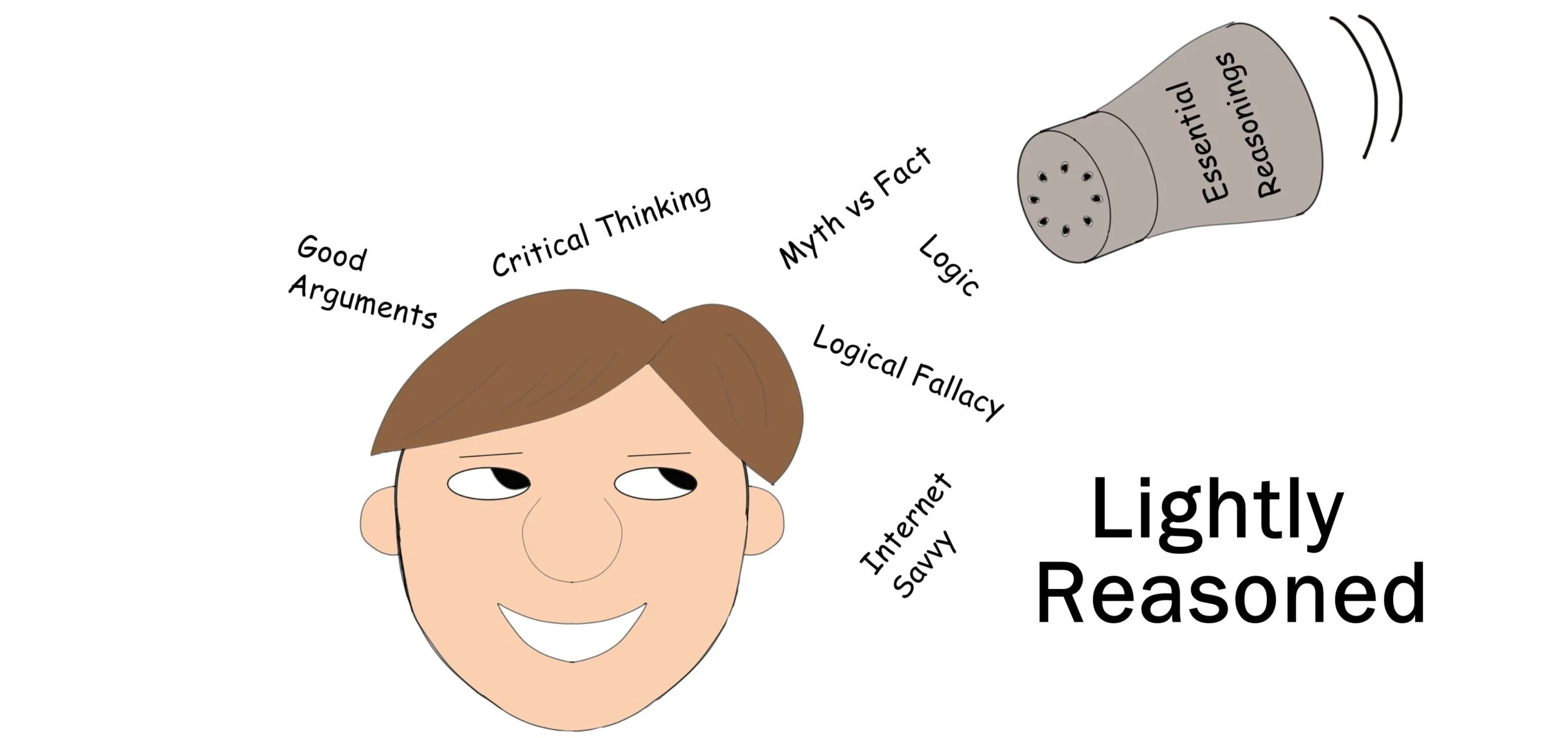You’ve just seen the perfect post, the absolute best news article that aligns precisely with what you believe. The share button is calling out to you. You must give this to everyone you know. But stop. That’s right, just stop. I know, that button is so easy to click, but it won’t go anywhere, you’ve got some time to think.
Why is that article you want to share so badly just so perfect? If you had a check list in your head of things you believe are true about a certain subject, would it check all of them? If it did and the article gave you nothing to question there might be a reason. The article may want you to share it. OK, really, the writer of the article wants you to share, the article itself isn’t conscious and aware (hopefully). Many articles, posts, blogs, news items and such can get more money for more likes, shares, upvotes, etc. People are more likely to share things they like and agree with. And since you likely have friends with similar views and attitudes, that little article can just get all kinds of likes and shares.
So, you ask, what’s the problem? Can I share it yet, please? That article might not have been entirely truthful, or at all truthful in fact. The author might have written whatever was necessary just to get the piece shared. For instance, let’s say you like pizza, wish it was a truly healthy, nutritious meal to eat every day and then you come across a report from a very professional science type of place that says they did a study and found that people who ate pizza every day had no greater incidence of health problems than those who didn’t. Plus, it says those who ate thin crust with peperoni were actually healthier than the control group – I mean, wow, this confirms everything I’ve ever wanted. I better tell the world!
But was the article real, or are you about to share something either partially or totally fabricated? Who did the study – is it someone you can look up? Who paid for it (was it “Big Pizza”)? Were the results independently verified? How many people were in the study? (we’ll talk about study sizes later, but for now just think small numbers = bad) If some or all of these questions are hard to answer, you might be looking at an article that just wants you to share it, with little to no truth or facts to be found. It might have been perfectly crafted to tick all the right boxes just so it could propagate itself. But now that you know, you paused, and maybe won’t hit share. You might even feel like washing your hands.
We’re surrounded by news and media and all manner of things wanting to get our attention. The people crafting these things are looking for any way to get into our conscious minds. But telling the real from the fake is getting harder and harder. Luckily, we can learn, adapt and apply some thinking to help us out and not let these things spread so far. Don’t worry, it doesn’t involve researching citations or learning statistics!
First tip – if you hear something that perfectly aligns with your own thinking, assume that was intended and ask yourself why. Someone may just be playing on your own likes to, well, get some likes.

